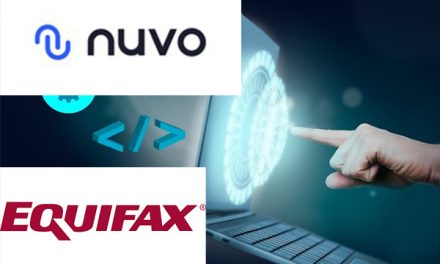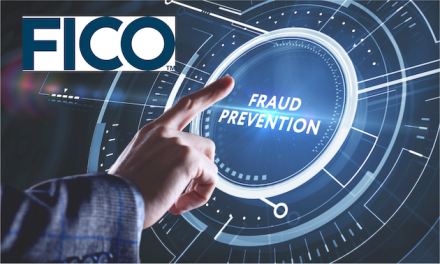- A new FICO survey reports that Gen Z has the lowest levels of credit education compared to other generations.
- 85% of Americans feel better about their well-being when they have good credit, a key metric with a looming recession in 2023.
- Build credit by becoming an authorized user or applying for a secured credit card or credit-builder loan.
The average FICO score is 716, the highest it has ever been. An increasing number of people have a very good or excellent credit score, with over half of consumers possessing a FICO credit score over 700. Credit scores, on the whole, have risen for decades, partly due to the abundant access to educational resources.
Yet there is an educational gap that exists between generations, a new FICO survey finds. According to “Credit Scores Uncovered: Consumer Relationships with their Scores,” Gen Z lags behind other generations significantly when it comes to credit education. 29% of Gen Z consumers said they either don’t have a credit score or don’t know if they have one, compared to 8% of baby boomers who said the same.
Gen Z lags behind other generations in credit education
While 90% of Americans say they have at least some understanding of what a credit score is, that number isn’t divided across all generations equally. Just 45% of Gen Z consumers said they completely understand credit scores, compared to 66% of baby boomers.
Many Gen Z consumers only recently turned 18, old enough to apply for credit products on their own, so they have had less time to learn about credit products and credit scores. Gen Z also has the lowest average credit score among other generations, at 679. Building credit, specifically a positive payment history, can take years, which many Gen Z consumers haven’t had.
However, while Gen Z lags behind older generations like baby boomers, they also lag behind millennials. According to the FICO study, 65% of millennials say they completely understand credit scores, and just 8% of millennials say they don’t have a credit score or don’t know if they do, on par with baby boomers.
Credit scores correlate to financial confidence
According to a new FICO survey, 85% of US consumers feel more confident in their overall well-being when they have healthy credit. Maintaining good credit when the economy is growing means lower interest rates and more benefits if you use additional credit.
However, with talk of a potential recession on the horizon — some economists forecasting a 61% chance of a recession in 2023 — you may have to rely on credit a little more heavily. A recession can mean widespread unemployment, which can cause people to seek out a way to borrow money for their current expenses. Having good credit becomes especially important during a recession as lending standards often tighten when the economy is in recession.
How Gen Z can build credit
FICO found that 84% of Americans felt they can impact their credit score through their decisions.  They are correct.
They are correct.
However, building credit can be an uphill battle. “Sometimes with credit, it feels like a Catch-22, where it takes some credit to get a credit score to make it easier to get credit,” says Sally Taylor, vice president of credit scores at FICO. That said, there are places you can begin if you want to get your credit journey started.
One option for building credit is to have someone you’re close to add you onto their credit card as an authorized user. Any charges that you make will end up on the cardholder’s credit bill, but the payments will show up on your credit report. This is especially helpful for people under 18 if their parents want to help them build credit.
If this isn’t an option, you can look into credit-building products like secured credit cards or credit builder loans. These credit products are designed to mitigate the risk to lenders so people with bad or no credit can apply for them. Some of these products don’t even require a hard inquiry for approval.
The credit system itself is making credit more accessible to people. The credit bureau Experian offers Experian Boost, which adds utility bills, streaming service fees, and other regular payments on your Experian credit report, which can bolster your scores. Additionally, Taylor mentions alternative FICO scores like FICO XD and UltraFICO, both of which use alternative data like utility bills and checking account data instead of credit reports.
FICO XD, which considers your utility bills and other regular payments similar to Experian Boost, is usually for people with no credit score. Meanwhile, UltraFICO is more of a “second chance” credit score for people who may be otherwise rejected from a loan. “If the FICO score is, say, just under their threshold, they might give the opportunity to say, ‘Hey, if you want to share your checking and savings account information with us, we’ll take a  second look,‘” Taylor says.
second look,‘” Taylor says.
Source: businessinsider


























